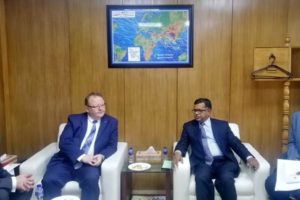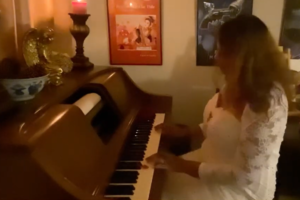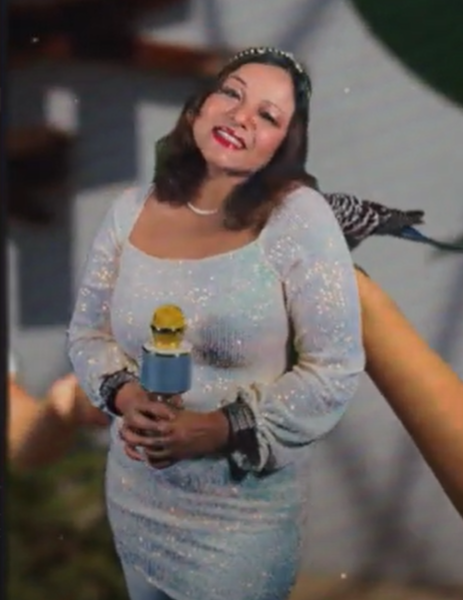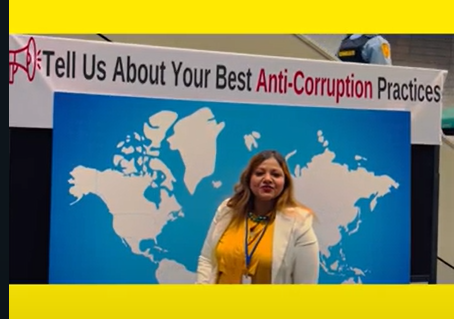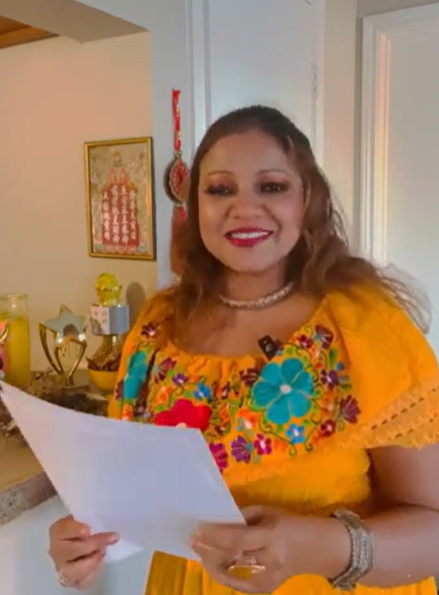Pope Francis arrived in Bulgaria on Sunday, where he will meet members of the tiny Catholic community, but the main Orthodox Church has rejected the idea of holding joint prayers with the pontiff.
Prime Minister Boyko Borisov met Francis at the airport, with the government welcoming how the visit has put the former communist country, which joined the EU in 2007, and the Balkans in the international spotlight.The three-day tour, which also takes in North Macedonia, includes a visit to a refugee camp on the outskirts of Sofia and a commemoration of Mother Teresa, the most famous native of the Macedonian capital Skopje.
Borisov has welcomed Francis’ visit, saying it “reflects his interest in the peaceful economic development of the Balkans”. It will also provide a welcome change for Borisov’s administration which has seen several senior members mired in real estate scandals in recent weeks.
Francis, whose papacy has been marred by a wave of child sex abuse allegations against clergy, has made improving interfaith dialogue a priority. But last month the Bulgarian Orthodox Church’s Holy Synod rejected the idea of Orthodox priests participating in a joint “prayer for peace” with the pope in a Sofia square which had been planned for Monday.
The Orthodox Church is instead sending a children’s choir to the downgraded meeting which will be attended by at least one of Sofia’s Muslim leaders, a Vatican source said.”I’m an Orthodox Christian, but I admire the pope’s openness and sensitivity. Why stay attached to medieval dogmas? There is only one God,” said Dora Kraytcheva, 48, ahead of the pope’s arrival.
While the visit will be a particular highlight for the tiny Catholic communities in both countries — 44,000 in Bulgaria and 20,000 in North Macedonia — it is the interaction with their two Orthodox churches that will be most keenly watched.The Bulgarian church also made clear its opposition to any religious service when the pope visits Sofia’s St Alexander Nevsky Cathedral on Sunday, after he meets with Borisov and President Rumen Radev.
Bulgaria is the only Orthodox church not to participate in a commission fostering dialogue with the Roman Catholic church. Relations between Rome and other Orthodox churches have been warming, with February 2016 seeing the historic meeting between Francis and Russian Orthodox Patriarch Kirill in Cuba.
That was the first such encounter since the schism nearly 1,000 years ago that tore Christianity in two. The meeting was sharply criticised by conservative Russian nationalists — the same tendency that has acted as a brake on any moves by Bulgaria’s Patriarch Neophyte towards greater openness.
The Argentine pontiff’s visit to Bulgaria and North Macedonia comes after the leaders of both countries extended an invitation to him following a traditional annual visit to the tomb of St Cyril in Rome.
Borisov has since 2017 governed thanks to the support of nationalist groups whose members “resort to hate speech and aggressive behaviour towards the most vulnerable groups in society to ride on people’s fears,” according to the Bulgarian branch of the Helsinki Committee for Human Rights.
In April 2018, the Council of Europe voiced concern about Bulgarian efforts to integrate Middle Eastern refugees and the “generally negative public opinion” concerning refugees. Days before arriving in Sofia, the pope hit out at “conflictual nationalism” which “raises walls, even racism”.
“The way in which a nation welcomes migrants reveals its vision of human dignity,” he said on Thursday. Currently Bulgaria’s migrant reception centres have an occupancy rate of only 10 percent, while the entire 274-kilometre (170-mile) Bulgarian-Turkish border is equipped with a barbed-wire fence.





